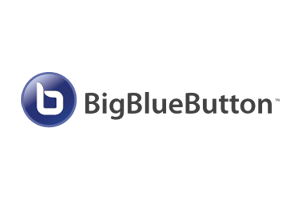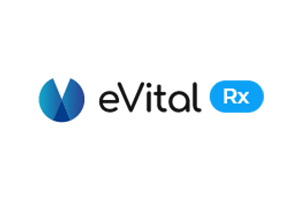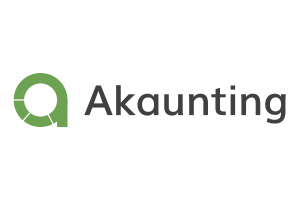Web Security Services
Portfolio
Start a Project Now!
What We Are Offering?
01.
Firewalls
02.
Secure Socket Layer (SSL) Certificates
03.
DDoS Protection
04.
Content Delivery Network (CDN)
05.
Antivirus and Anti-malware Solutions
06.
Security Information and Event Management (SIEM)
07.
Vulnerability Scanning
08.
Security Auditing and Penetration Testing
09.
Identity and Access Management (IAM)
Client Reviews





FAQs
What are web security services?
Web security services encompass solutions and practices that protect websites and web applications from online threats, ensuring data integrity and user safety.
Why is web security important?
Web security is crucial to safeguard against cyber threats, including data breaches, DDoS attacks, and malware, preserving user trust and maintaining business continuity.
What is a Web Application Firewall (WAF)?
A WAF monitors, filters, and blocks malicious traffic to and from web applications, protecting against common vulnerabilities like SQL injection and cross-site scripting (XSS).
How does SSL/TLS contribute to web security?
SSL/TLS encrypts data transmitted between a user’s browser and the web server, ensuring secure communication and preventing unauthorized access or data interception.
What is DDoS protection, and why is it essential?
DDoS protection defends against Distributed Denial of Service attacks, preventing service disruptions by mitigating large-scale traffic floods directed at a website or online service.
How can I ensure user authentication security?
Implement Two-Factor Authentication (2FA) to enhance user authentication, requiring an additional verification step beyond passwords, such as a one-time code sent to a mobile device.
What role does a Content Delivery Network (CDN) play in web security?
CDNs improve website performance and security by distributing content across multiple servers, reducing latency, and providing DDoS protection.
How often should vulnerability scanning be performed?
Regular vulnerability scanning is recommended, ideally conducted on a periodic basis or after significant changes to identify and address potential security weaknesses.
What is the purpose of security auditing and penetration testing?
Security auditing and penetration testing simulate cyber attacks, helping identify vulnerabilities in web applications and providing insights for strengthening overall security measures.
How can I educate my team about web security best practices?
Implement security training and awareness programs to educate employees, ensuring they understand and adhere to best practices for maintaining a secure online environment.


